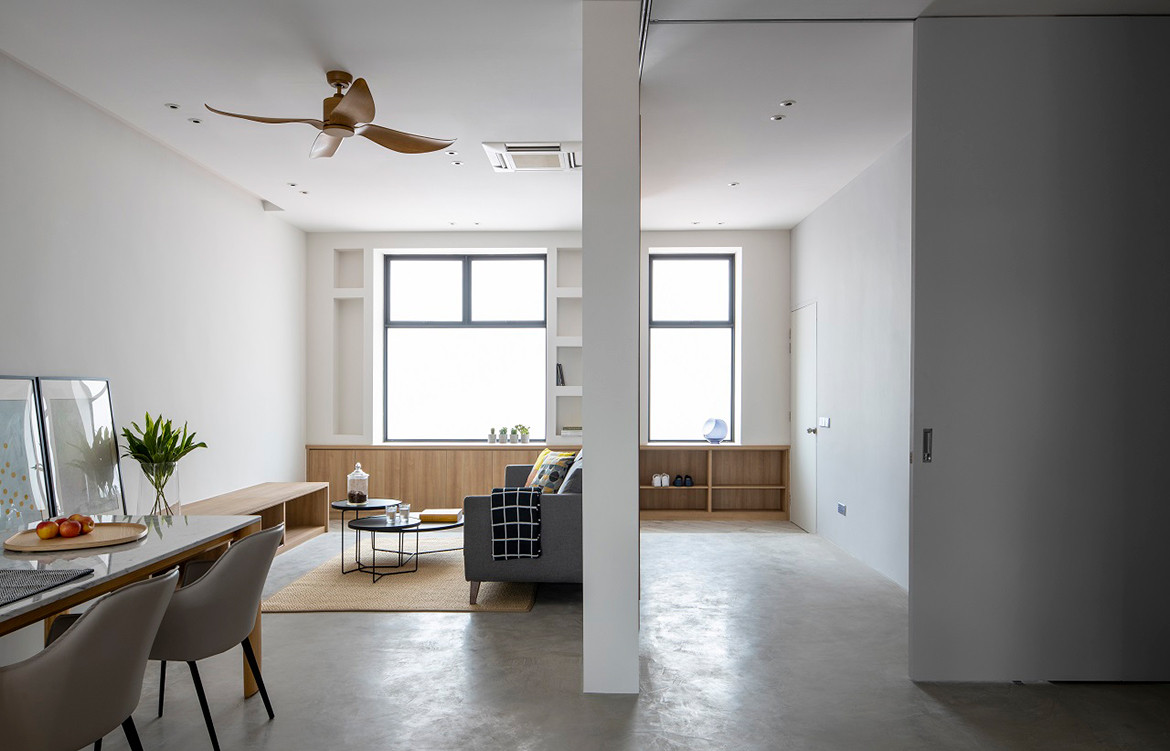The modern traveler values adaptability. Whether it’s for work projects, transitional housing, or exploring new cities, the demand for spaces that accommodate diverse lifestyles and schedules has grown. In urban centers like Leeds and Wakefield, this trend highlights a shift from traditional accommodations to spaces designed for flexibility and practicality.

The Evolving Needs of Today’s Traveler
Modern lifestyles no longer conform to the rigid timelines of the past. Whether you're moving between projects, seeking a temporary home base, or traveling for an extended period, adaptable living arrangements cater to the dynamic rhythms of contemporary life.
Urban areas are now hubs for professionals, entrepreneurs, and creatives, and cities like Leeds and Wakefield reflect this transformation. With thriving economies, cultural landmarks, and excellent connectivity, these cities have become prime locations for people seeking flexible living solutions.
The Rise of Flexible Urban Living
Short-term living solutions are ideal for those seeking a mix of privacy, comfort, and affordability. Unlike traditional accommodations, they offer:
- Convenience: Located in key areas, these spaces are often close to work sites, transport hubs, and cultural attractions.
- Flexibility: Stays can range from a few nights to several months, accommodating diverse needs.
- Home-like Comfort: Many short-term options come fully furnished and equipped with modern amenities, creating a seamless "home away from home" experience.
This flexibility is particularly beneficial for contractors or professionals who may need to relocate temporarily for projects. It provides the comfort of home without the long-term commitment of a lease or the impersonality of a hotel stay.
Balancing Comfort and Practicality
A critical feature of modern living spaces is the balance between comfort and practicality. Travelers today prioritize features like fully equipped kitchens, private workspaces, and fast Wi-Fi, especially when they need a base for both relaxation and productivity.
Moreover, in vibrant cities like Leeds and Wakefield, these flexible arrangements allow visitors to immerse themselves in the local lifestyle. From exploring historical sites to enjoying thriving dining scenes, living like a local is an enriching experience that short-term accommodations make possible.
How Cities Are Embracing the Shift
Urban areas have recognized this shift in accommodation preferences and adapted to meet the demand. Flexible spaces contribute to a dynamic ecosystem that supports not only travelers but also the local economy. From contractors driving business development to cultural enthusiasts exploring the area, everyone benefits from a cityscape designed for adaptability.
Conclusion
As modern life evolves, so too does the need for flexible living arrangements. Leeds and Wakefield are at the forefront of this change, offering spaces that bridge the gap between temporary housing and long-term homes. By focusing on comfort, practicality, and adaptability, these urban hubs ensure that every traveler—whether visiting for work or leisure—finds a place to call their own.
Comments on “Adapting Spaces: The Modern Appeal of Flexible Living in Urban Hubs”